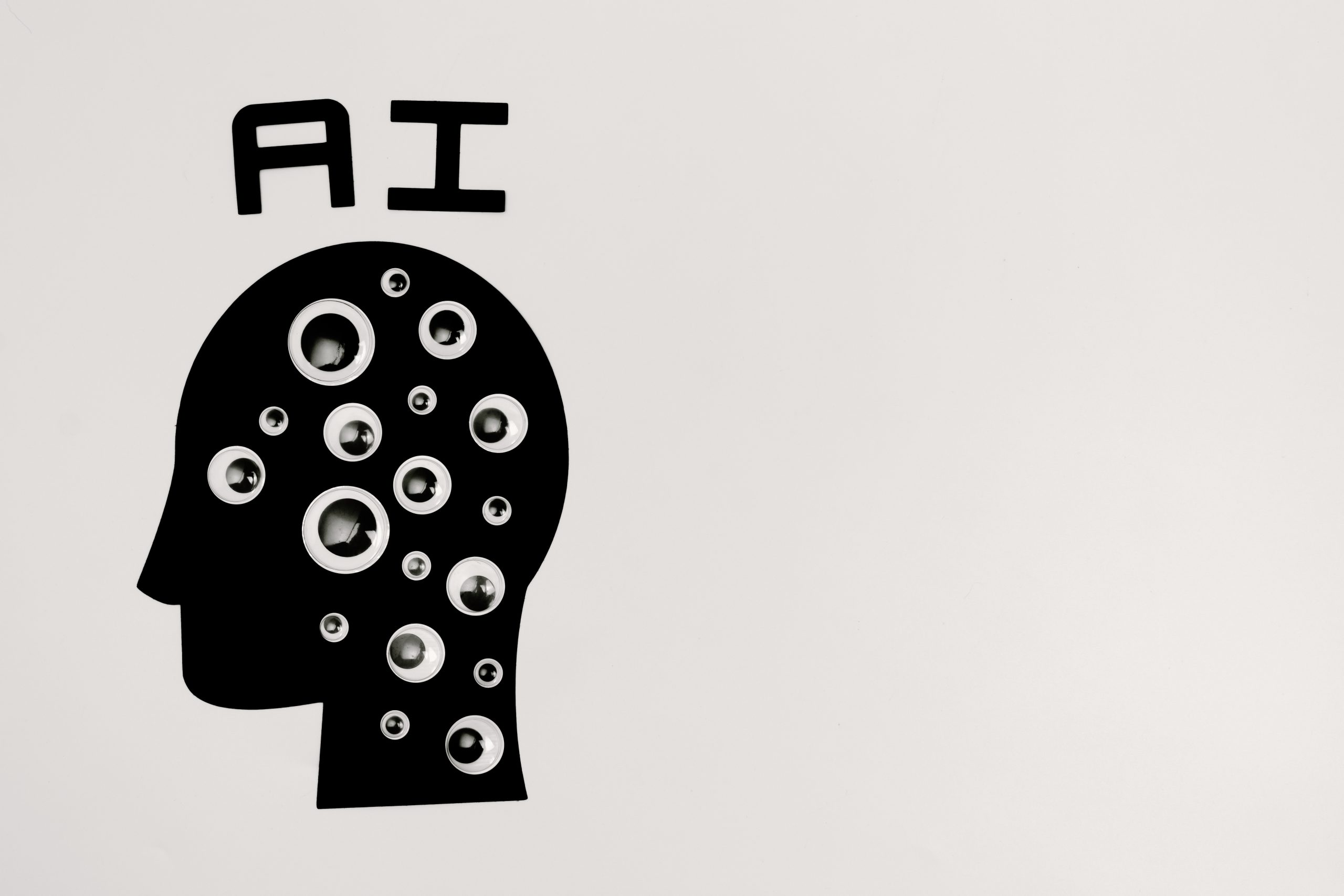Learn How to Use AI in Customer Service
As technology continues to evolve, businesses are finding new ways to improve their customer service. One of the most exciting and rapidly growing areas in this field is the use of artificial intelligence (AI). By harnessing the power of machine learning and natural language processing, companies can streamline their customer support processes, reduce costs, and provide better experiences for their customers.
But with so many different AI tools available on the market today, it can be difficult to know where to start. In this article, we’ll explore some of the key ways that businesses can use AI in customer service, including chatbots, voice assistants, sentiment analysis tools, and more.
Why AI in Customer Service Matters
Artificial Intelligence (AI) in customer service matters because it can significantly improve the overall experience for customers. With AI, businesses can automate a range of processes, including call center operations and chat support services, which would previously require human intervention. This technology allows companies to handle customer queries and complaints more efficiently, leading to faster resolutions and increased satisfaction rates. Additionally, AI-powered chatbots can provide 24/7 assistance to customers, ensuring that their needs are met around the clock.
One significant benefit of AI in customer service is that it helps businesses understand their customers better. Through data analysis and machine learning algorithms, companies can gather valuable insights into customer behavior patterns and preferences. These insights enable organizations to personalize interactions with individual customers based on their needs and preferences or even predict future needs before they arise.
In conclusion, integrating AI into your business’s customer service strategy isn’t just good for your bottom line; it’s also essential for providing an exceptional experience for your valued customers. By automating repetitive tasks such as inquiry triage or ticket routing systems using intelligent automation tools creates room for personnel to focus on enhancing personalized experiences tailored towards individual clients’ unique demands. Furthermore, leveraging data analytics enables firms to offer more customized services that meet specific customer needs ultimately driving up revenues while boosting loyalty levels among patrons at the same time.

What is AI in Customer Service?
AI in customer service refers to the use of artificial intelligence technologies such as chatbots, virtual assistants, and machine learning algorithms to automate and improve customer interactions. With AI technology, companies can provide 24/7 customer support that is faster, more efficient, and cost-effective. Chatbots are popularly used for simple queries like password resets or account balance checks while more advanced AI tools such as sentiment analysis software and predictive analytics help businesses understand consumer behavior.
By using AI in customer service, businesses can reduce response times, increase efficiency and consistency in their responses and ultimately improve their customer experience. The role of human agents becomes a lot easier too with the use of AI as they are provided with assistance when needed to handle complex cases or when there’s a need for escalation. In summary, deploying an effective AI-driven solution helps create better relationships between customers and businesses by providing personalized experiences that meet the needs of consumers while also helping companies save costs by streamlining operations.
Benefits of Using AI in Customer Service
AI technology has created a significant impact in the customer service industry. With AI, businesses can automate routine tasks and streamline processes, reducing wait times for customers and freeing up staff to focus on more complex issues. By utilizing chatbots or virtual assistants powered by AI, businesses can provide 24/7 support to their customers, even outside of business hours.
One of the most significant benefits of using AI in customer service is that it allows companies to provide personalized experiences for their customers. Through machine learning algorithms, AI can analyze vast amounts of customer data and tailor responses based on individual preferences and behavior patterns. This level of personalization enhances the overall customer experience by providing relevant solutions quickly.
Finally, incorporating AI into your customer service strategy can help reduce costs associated with hiring additional staff while improving efficiency and response rates. As automation becomes more prevalent in the industry, companies that embrace the technology will have a competitive edge over those who do not. Ultimately, implementing AI technology in your customer service operations will lead to better experiences for your customers and improved outcomes for your business as a whole.

Examples of Successful AI Integration
Example 1: Amazon’s Alexa virtual assistant is a prime example of successful AI integration in customer service. Customers can use their voice to order items, play music, and even control smart home devices. Alexa uses machine learning algorithms to understand and respond to natural language queries, making the experience seamless for users. The technology has been widely adopted and has become a household name.
Example 2: Chatbots are another example of successful AI integration in customer service. Many companies have implemented chatbots on their websites or messaging platforms to assist customers with inquiries and provide support around the clock. These bots use natural language processing and machine learning algorithms to understand customer questions and provide relevant answers quickly. They can handle repetitive tasks such as booking appointments or processing returns, freeing up human agents to focus on more complex issues.
Overall, successful AI integration in customer service involves leveraging technology that improves the overall customer experience while increasing efficiency for businesses. By understanding how AI works and implementing it strategically, businesses can stay ahead of the curve in today’s fast-paced digital landscape.
Challenges of Implementing AI in Customer Service
One of the major challenges in implementing AI in customer service is ensuring that the technology is capable of accurately recognizing and responding to customer inquiries. This requires extensive training and testing of AI algorithms to ensure that they can understand natural language processing (NLP) and provide relevant responses based on customer input. Another challenge is integrating AI with existing CRM systems, which may require significant changes to business processes or software architecture.
Another challenge is the potential for bias in AI systems, particularly when it comes to decisions related to sensitive information such as credit approvals or fraud detection. Companies must take extra care when designing these algorithms to avoid discrimination against certain groups and ensure that their use aligns with ethical standards. Additionally, privacy concerns around data collection for AI applications can also be a barrier to implementation, as companies need to establish policies and procedures for handling sensitive information appropriately while still providing effective customer service.

Best Practices for Implementing AI in Customer Service
Implementing AI in customer service is a great way to enhance the overall experience of customers. However, it is important to follow some best practices for effective implementation. The first step is to have a clear understanding of the specific needs and goals that AI will serve in customer service.
Next, it is crucial to choose the right technology and software that aligns with your business requirements. It should be user-friendly and customizable according to changing needs. Additionally, it’s important to ensure that data privacy guidelines are followed and customer information is secured.
Another key aspect of implementing AI in customer service is training staff on how to use it effectively. This will include learning how the system works, setting up workflows, managing data quality, and analyzing performance metrics regularly. Finally, businesses should also focus on continuously improving their AI systems by gathering feedback from customers and employees alike.
Conclusion: How to Get Started with AI in Customer Service
In conclusion, getting started with AI in customer service requires a clear understanding of its benefits and limitations. It is important to identify the areas where AI can be most effective and integrate it into existing processes gradually. Businesses should also invest in training their employees on how to work with AI systems and incorporate feedback mechanisms to continuously improve their performance.
One effective way to get started with AI in customer service is by using chatbots. Chatbots can handle routine inquiries quickly and efficiently, freeing up human agents to focus on more complex issues that require empathy and creativity. Another approach is to use AI-powered analytics tools to gain insights into customer behavior, preferences, and pain points. This information can then be used to personalize interactions, predict future needs, and identify opportunities for improvement.
Ultimately, the key to successful implementation of AI in customer service lies in striking the right balance between automation and human touch. By leveraging the unique strengths of both humans and machines, businesses can deliver exceptional experiences that drive loyalty, retention, and growth.






